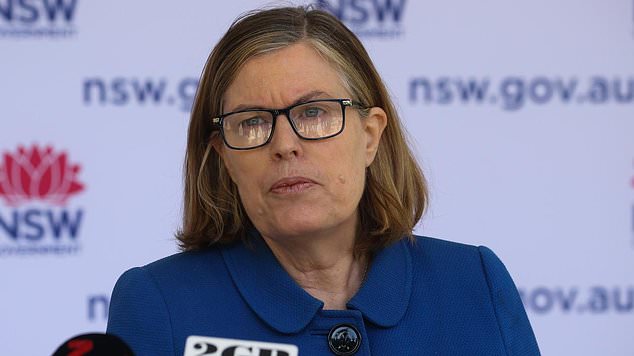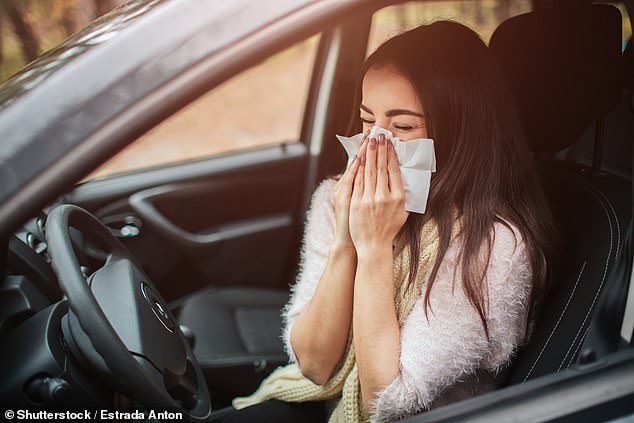A “triple threat” of increasing detections of flu, Covid and respiratory syncytial virus (RSV) in New South Wales has led health authorities to ask people over 65 to get a free flu vaccine.
The NSW Health Respiratory Surveillance Report released on Thursday revealed a 27 per cent increase in influenza infections and a 23 per cent increase in Covid-19 infections week on week.
However, New South Wales chief health officer Kerry Chant said that despite the rapid increase in flu transmissions, with cases expected to “increase rapidly” in the coming weeks, vaccination rates were not where they should be.
“Less than half of people aged 65 and over in New South Wales have received the flu vaccine this year and we really need that number to increase, especially as people in this age group are among those at risk. increased risk of severe illness,” said Dr. Chant. saying.
“We expect the number of flu cases to increase rapidly in the coming weeks, so now is the time to get vaccinated if you haven’t already.”
A ‘triple threat’ of rising flu, Covid and respiratory syncytial virus (RSV) detections has hit New South Wales
NSW Health Minister Ryan Park has repeated calls for vulnerable Australians to get vaccinated.
“What we are seeing is a triple threat of flu, Covid and RSV cases circulating at a high rate in the community,” he said.
“I want to reiterate to the community to stay up to date on their vaccinations, particularly those over 65, it is truly the easiest and most effective way to protect yourself and the community.”
To reduce pressure on hospital emergency rooms, Park urged people with non-life-threatening conditions to contact NSW HealthDirect on 1800 022 222 to speak to a registered nurse.
Park also asked people to stay home if they feel unwell or wear a mask if they need to go out.
The free vaccine is also recommended for children aged six months to five years, pregnant women, Aboriginal people aged six months and older and people with chronic illnesses.

NSW Chief Health Officer Kerry Chant said despite the rapid increase in flu transmissions, with cases expected to “increase rapidly” in the coming weeks, vaccination rates were not where they needed to be. .
The report also found that Covid-19 notification rates were “increasing across all ages and in most Local Health Districts (LHDs)”.
“Over the past week, there continued to be high reporting rates of COVID-19 among people aged 90 and older,” he said.
“LHDs with smaller populations, such as the Far West LHDs, experience greater variability in reporting rates.”
RSV incidents were also high in children between two and four years of age, however, reports of positive cases were leveling off in children under two years of age.
Notification rates increased 4 percent week over week.
Attention was also focused on whooping cough and pneumonia.
The highest rates of whooping cough were identified in children ages five to 14, and cases appear to be increasing.
Notification rates between 2022 and 2024 showed a rapid increase: one per 100,000 people recorded the virus in 2022, to 10.8 cases per 100,000 cases between 2 and 23.
So far in 2024, that figure has already skyrocketed to 85.4 notifications per 100,000 people.
Pneumonia, a potentially fatal lung infection, is also a concern for health authorities, resulting in an “unusually high” number of children and young adults in emergency rooms, especially people between the ages of five and 16.
NSW Health said data suggested infection with the bacteria Mycoplasma pneumoniae was likely the cause of the virus, and that NSW was dying of an epidemic.
‘METER. pneumoniae is a common cause of pneumonia in school-age children and epidemics occur every 3 to 5 years,” according to the report.
“The last epidemic in New South Wales was before the COVID-19 pandemic.”


